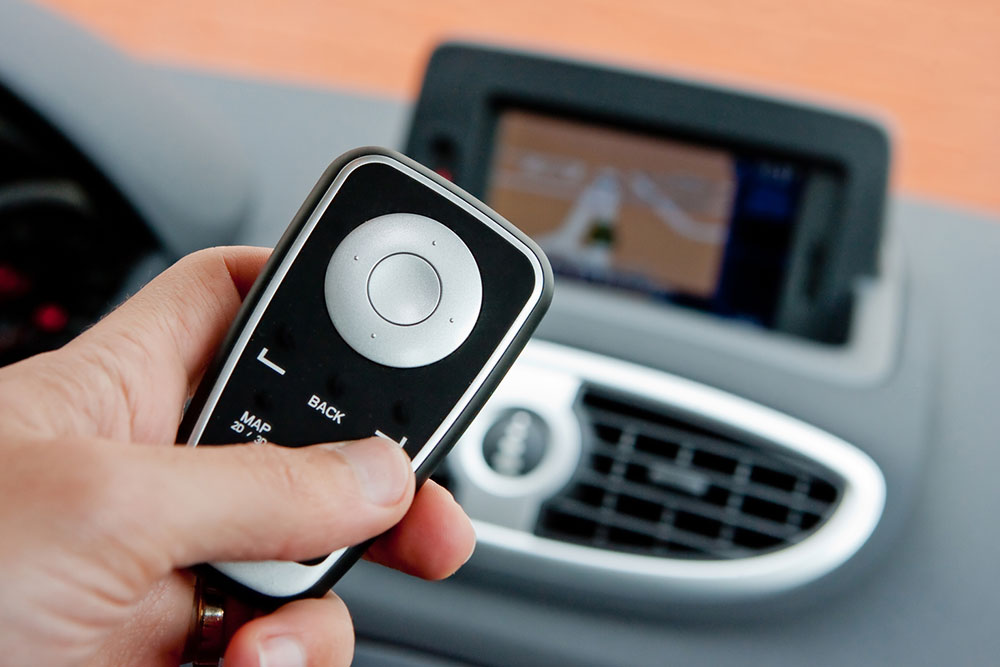4 mistakes to avoid when choosing a GPS fleet tracking system

Businesses with a fleet of vehicles need to keep track of where these vehicles are and where they are going. This is an effective way of protecting and monitoring the organization’s assets. For this, a GPS fleet tracking system can be pretty helpful. It offers several benefits, from increasing efficiency and improving safety to lowering operating costs. However, choosing the right system can be challenging. Here are some common mistakes businesses make when choosing GPS fleet tracking systems:
1. Choosing the cheapest GPS fleet tracking system
Many businesses usually commit the common mistake of setting a budget that is too low to purchase fleet tracking systems. So, they buy and use a system with the lowest price. While this may help save money now, it can have a negative long-term impact. This is particularly true if the system is not right for the business. The features may not be useful enough. Besides, a low-priced system may bring losses since it may put the most essential assets of the business at risk.
So, always carefully consider what requirements are needed from the tracking system. Look at all the features that are crucial for the business. Ensure that one picks a system that best fits the business’s needs and is not necessarily the cheapest.
2. Not looking into a system’s software
Often, businesses forget to check the software that runs the fleet tracking system. This happens when there is too much dependence on the sales pitch of the brand selling the tracking system. Also, relying on reviews from other organizations is not a good idea. Software that works for one organization may not necessarily work for another. One must be sure that the operating system under the hood of the tracking system is the best option to meet the business requirements. It shouldn’t be too complicated for those operating the vehicles to use it. The business should be able to train everyone on how to use it easily.
3. Not trying out the system before purchase
Not many businesses know they can test drive a fleet tracking system before purchasing. So, they unknowingly end up with a system that may not work well for them. Testing and trying the various features helps determine whether the system can help the business. Always ask the salesperson making the pitch if a trial run can be done before purchasing. If they refuse, it is evident that the company may not be reliable. It also helps to test pilots on several tracking devices from different providers and compare them. This is one of the best ways to determine which system would fit for business.
4. Forgetting to check the warranty
Warranties are one of the most crucial things to consider while purchasing a fleet tracking system. While most of these systems are built to be durable, it helps to have a solid warranty just in case the system breaks down. Besides, the warranty is an important factor when drawing up the budget for the tracker. Suppose a business cannot afford to replace any part of the tracker after the warranty expires. In that case, purchasing a system with an extended warranty is best.

